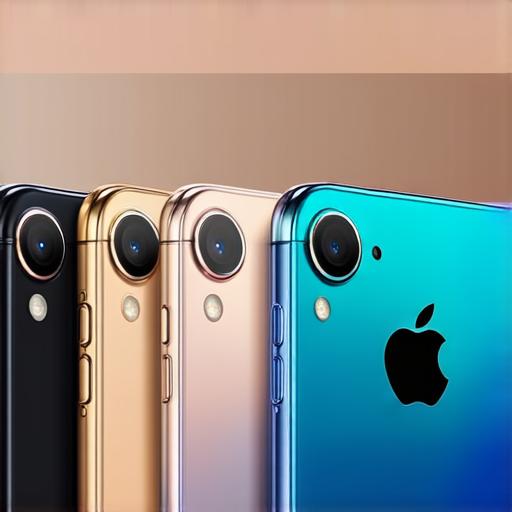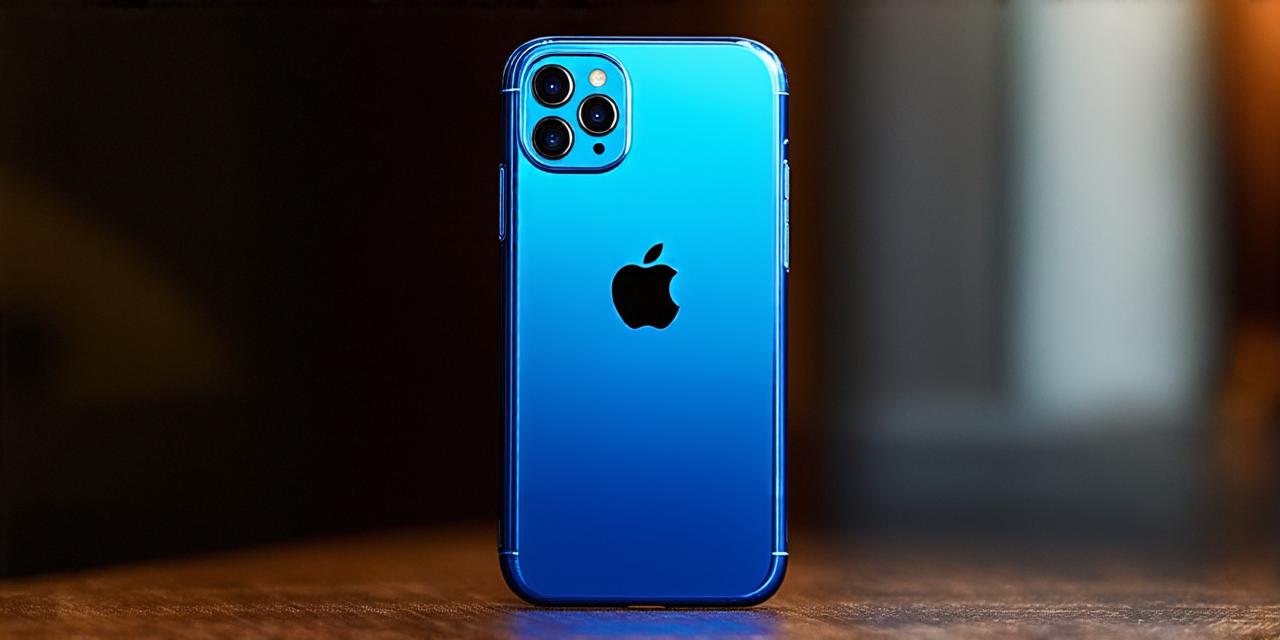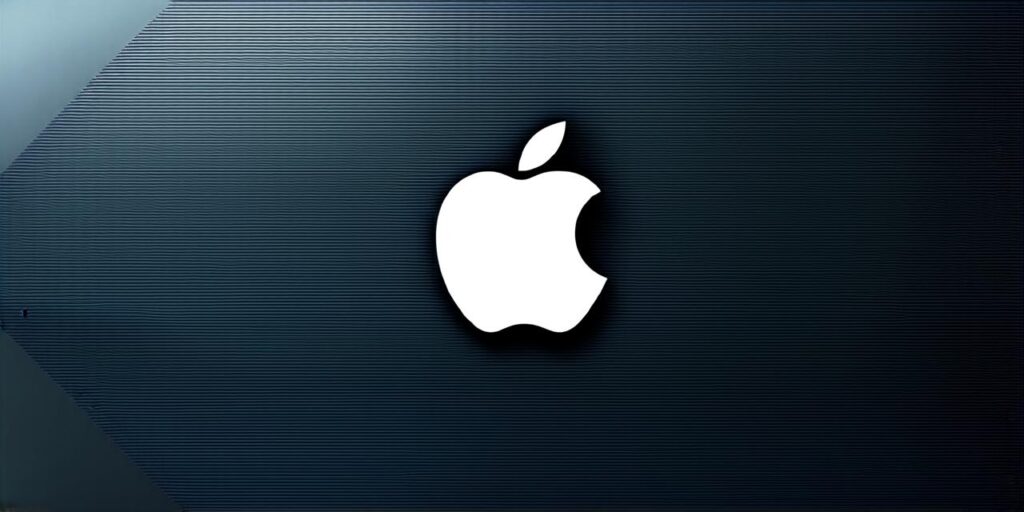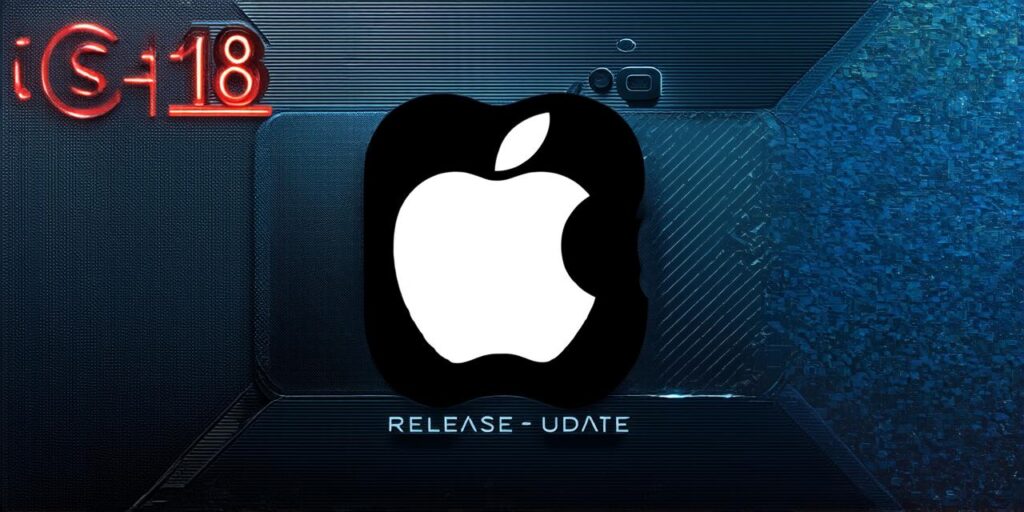As iOS 18 approaches, developers are eager to know which phones will be compatible with the new operating system. This is especially important for those who have recently purchased a phone and want to make sure it will receive future software updates.
iOS 18 Compatibility: The Importance of Knowing Your Phone’s Compatibility
The first thing you need to know before upgrading your phone to iOS 18 is whether it will be compatible with the new operating system. This is important because not all phones are created equal, and some may experience compatibility issues or slower performance after the upgrade. In addition, if your phone is not compatible, you may miss out on new features and security updates.
Which Phones Will Be Compatible with iOS 18?
Based on Apple’s official announcement, the following iPhones will be compatible with iOS 18:
- iPhone 12 Pro Max
- iPhone 12 Pro
- iPhone 12 mini
- iPhone 11 Pro Max
- iPhone 11 Pro
- iPhone 11 mini
- iPhone XS Max
- iPhone XS
- iPhone XR
- iPhone 8 Plus
- iPhone 8
- iPhone 7 Plus
- iPhone 7
- iPhone 6s Plus
- iPhone 6s
- iPhone SE (2nd generation)

It’s worth noting that Apple has not yet released iOS 18, so these phones may not be compatible with the final version of the operating system. However, based on the hardware specifications of these devices, it is likely that they will be compatible.
The Importance of Hardware Specifications in Determining Compatibility
Hardware specifications are one of the most important factors in determining a phone’s compatibility with iOS 18. These specifications include the device’s processor speed, memory capacity, and display resolution.
The processor speed is crucial because it determines how quickly the phone can run the new operating system. A slower processor may cause lag or stuttering when running apps and performing other tasks. The memory capacity is also important because it determines how much data the phone can store and how quickly it can access that data. Finally, the display resolution determines how sharp and clear the phone’s screen will appear on newer devices.
In addition to these hardware specifications, Apple also takes into account the age of the device when determining compatibility. Older devices may not have the necessary hardware to run the new operating system smoothly, so they are often left out of the mix.
Case Study: iPhone XS Max and iOS 15 Compatibility
The iPhone XS Max is a prime example of how hardware specifications can affect compatibility with new operating systems. When Apple released iOS 15, many users reported that their iPhone XS Maxs were experiencing slower performance and lag when running the new operating system. This was due to the device’s aging processor speed and memory capacity.
To address these issues, Apple recommended that users upgrade their phones to a newer model with better hardware specifications. While some users were able to resolve the issues by upgrading to a newer phone, others were not so lucky. Those who could not afford a new phone were left with slower performance and an overall less enjoyable experience on their iPhone XS Max.
The Importance of Software Updates for Compatibility and Security
Software updates are also crucial for maintaining compatibility with new operating systems and ensuring the security of your device.



